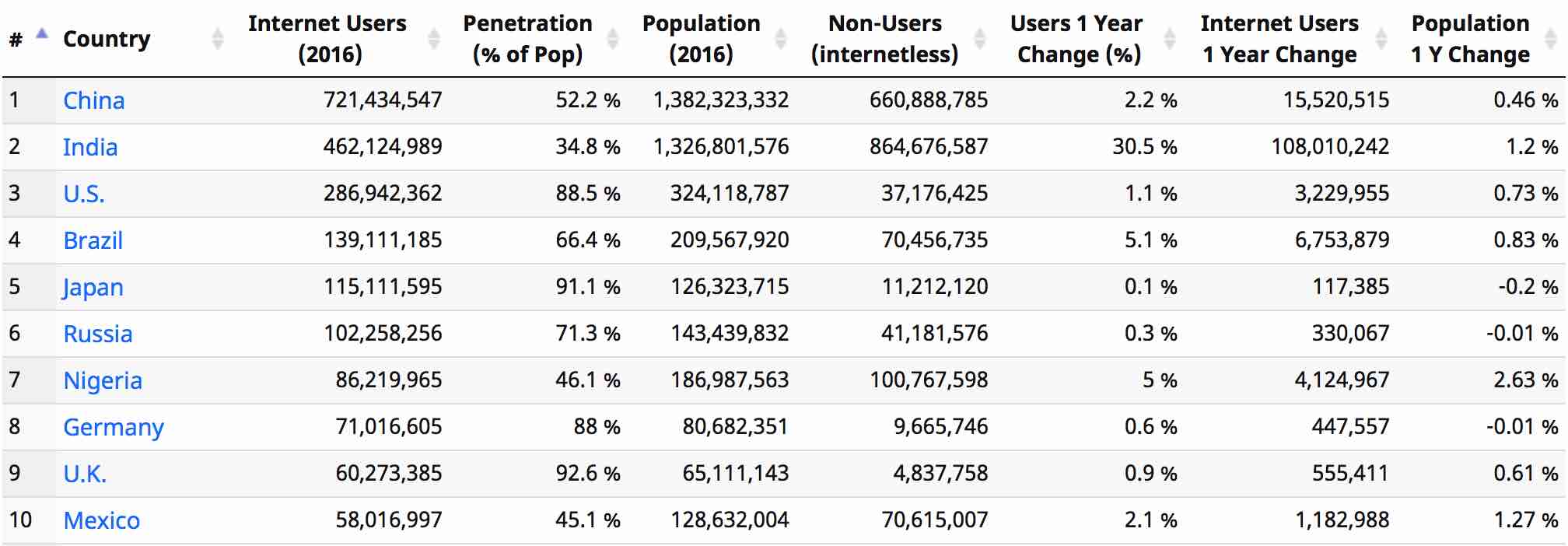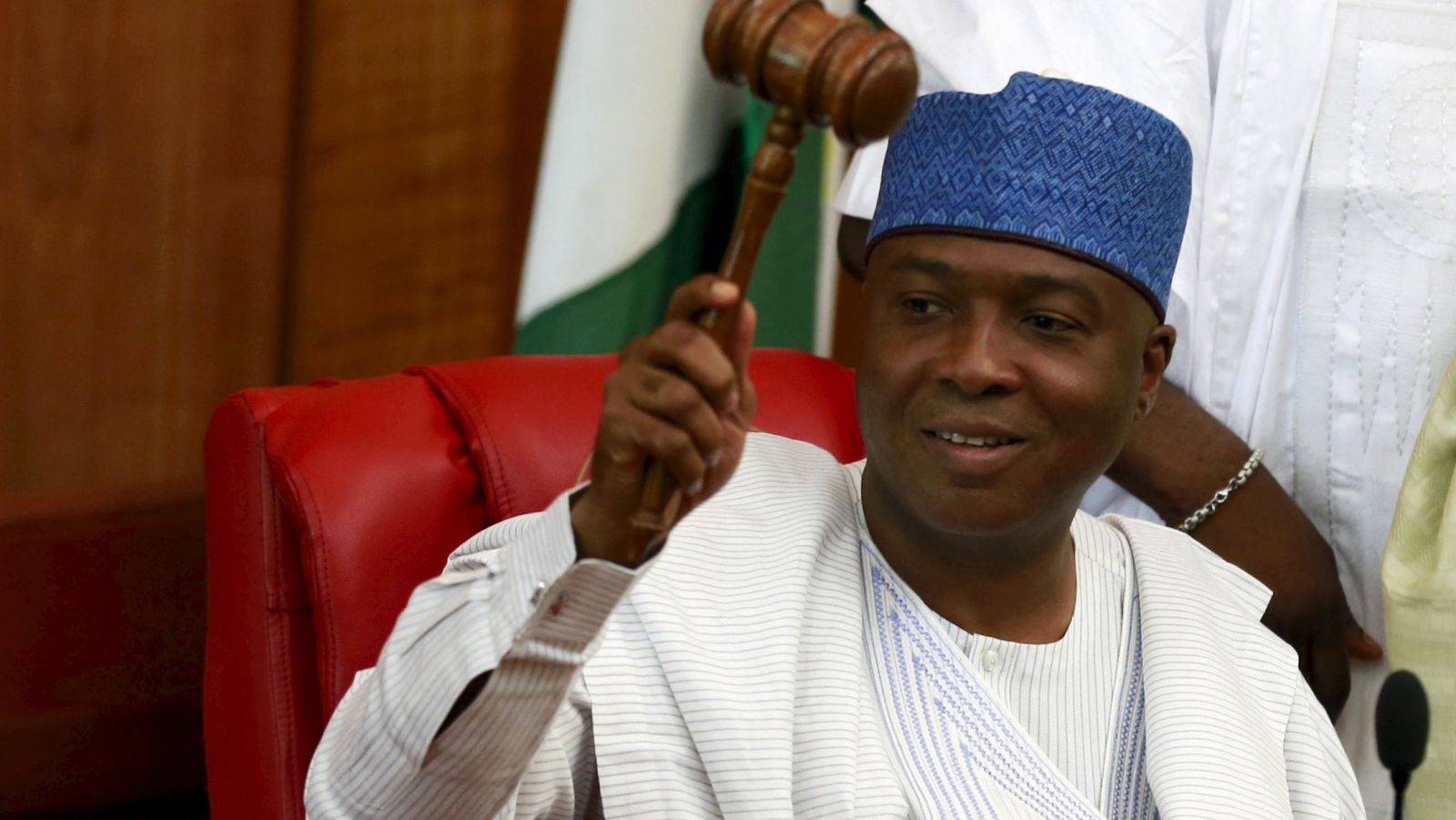With a 46.1% penetration, Nigeria is currently the African country with the highest number of internet users. Looking at the active use of the internet by Nigerians for work related activities, social media engagement, online transactions, purchases and so on, the impact of the internet in helping maintain and create businesses is a worthy mention. Especially considering the importance of the social media during the Nigerian 2016 elections.

To commemorate the World Telecommunication and Information Society Day (WTISD-2016), Paradigm Initiative Nigeria (PIN) released a publication pointing out bills/acts that can make privacy a thing of the past for Nigerians. According to a publication on the State of the nation: Status of Internet Freedom, Nigeria has seen a considerable amount of internet penetration over the years. The PIN publication visualised internet development in Nigeria starting from 1995 to 2016 showing how far we have come.
Internet access in Nigeria has increased over time, resulting in Nigeria having the largest population of Internet users in Africa. In 2015, Internet penetration stood at 45.1%, up from 38% in 2013, according to data from the International Telecommunications Union (ITU), World Bank and United Nations Population Division.
The provisions of Sections 24 and 38 of the Cybercrimes Act poses a huge threat to Internet freedom in Nigeria as they open windows of infringements on the right to privacy even though a recourse was made to the constitutional provision that protects the right to privacy.
The PIN publication also outlined National Assembly bills that could hurt Internet freedom; 18 in total that could hurt internet freedom through interpretation, 11 bills/acts that touch on internet freedom but have no restrictions and 16 bills that have negative clauses on internet freedom.
While the world celebrated the World Telecommunication and Information Society Day, the Nigerian Senate reviewed the proposed “Frivolous Petitions (Prohibition) Bill 2015” A.KA Social Media Bill, which passed through the first and second readings in its bid to become law and also sought to constrain freedom of expression on the Internet.
Senator @dino_melaye now takes the floor. He says the #FrivolousPetitionsBill wont allow whistle blowing to the @PoliceNG and gag the press.
— The Nigerian Senate (@NGRSenate) May 17, 2016
Senator @shehusani says the #FrivolousPetitionsBill will stiffle the press and the social media must not be silenced.
— The Nigerian Senate (@NGRSenate) May 17, 2016
DSP Ekweremadu now puts the question and Senate hereby steps down the #FrivolousPetitionsBill SB. 143 sponsored by Senator Bala Na’Allah.
— The Nigerian Senate (@NGRSenate) May 17, 2016
The reaction to the Bill from the Nigerian public was such that showed a new face of the active Nigerian citizen working in concert with organisations in the forefront of digital rights activism.
Glad to see that as promised during social media week, #FrivolousPetitionsBill has been officially stepped down https://t.co/WS8YofCo9z
— Dr. Abubakar Bukola Saraki (@bukolasaraki) May 17, 2016
Looking back at the battle against the Frivolous Petitions (Prohibition) Bill 2015, it is obvious that the mobilisations of Nigerians both online and in marches on the National Assembly Complex were very effective. And it also showed that Nigerians are no longer going to be on the sidewalks of determining the course the nation will take, but are eager to use the safe means available through social media platforms and peaceful protests to influence decisions made by the government.







